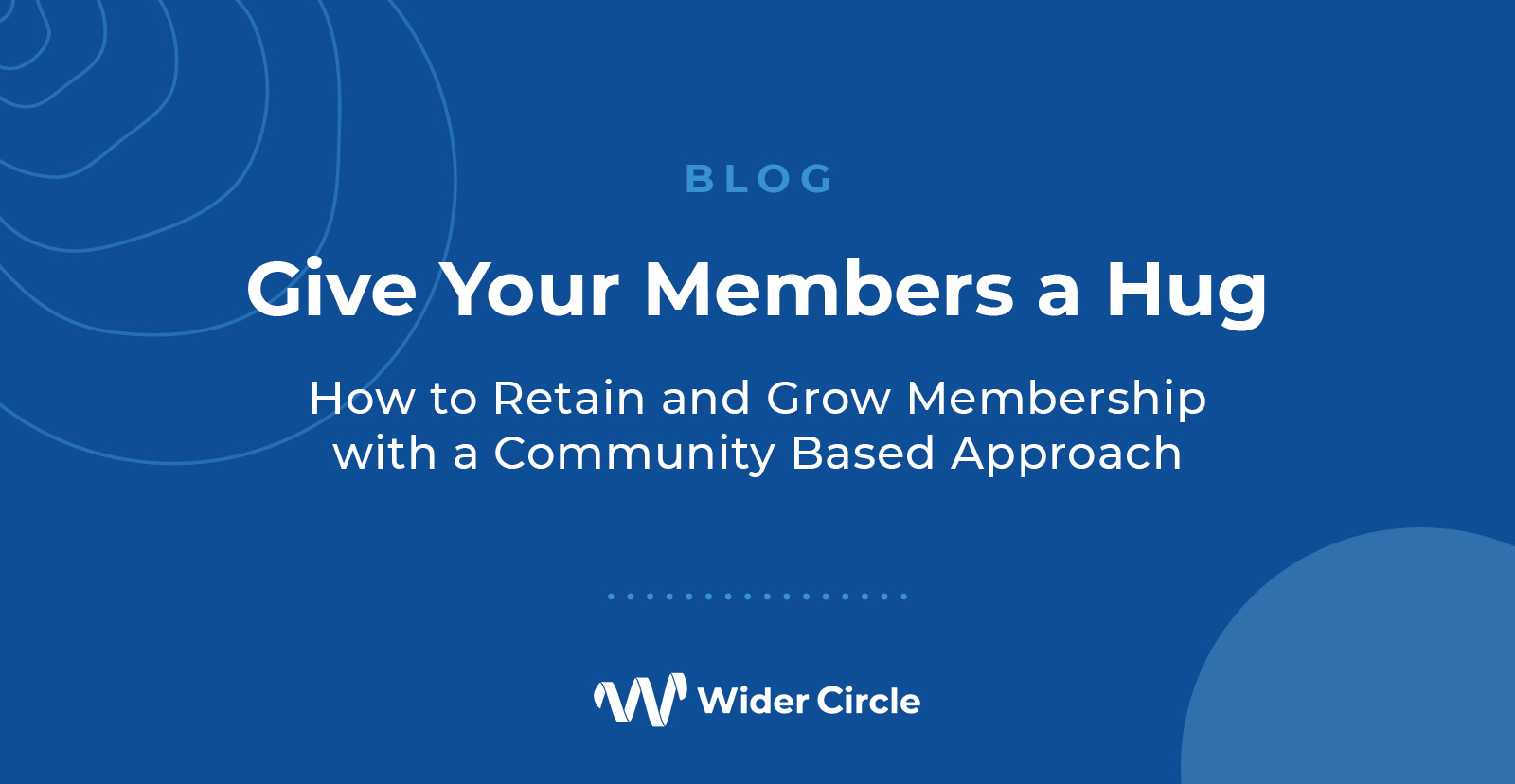
Here we are again. Another COVID winter. It’s difficult enough for many of us to feel motivated and happy when the days are shorter and the nights are longer. Throw in a third year of the pandemic and it’s no surprise that this winter is weighing heavy on the mental health of many Americans. While we may not be able to control what’s going on in the world right now, our Wider Circle Connect for Life members have found these three strategies extremely helpful for boosting mood and beating those winter blues.
1. Stay Connected
Being socially connected with people we care about and whose company we enjoy can help us cope with stress and reduce feelings of loneliness, anxiety and depression. As human beings, positive social connections are really important to our mental and physical health. In fact, research has shown that being socially disconnected can do as much damage to your health as smoking 15 cigarettes a day. Dulce Dagda, Wider Circle community engagement lead and nutritionist, has noticed how the simple act of talking with peers – either in person or over the phone – has helped those going through difficult times to cope and realize they aren’t alone in their hardships. “Talking with friends or neighbors of similar backgrounds can offer a tremendous source of support, wisdom and kindness for one another,” Dagda said.
→ Mood Booster Tip: Volunteer in your community! When you are connected to a group and feel responsibility for other people, that sense of purpose and meaning encourages you to take better care of yourself and just plain makes you feel good! For example, many Wider Circle members enjoy becoming a Volunteer Ambassador for their local chapter. They support fellow members by making buddy calls, organizing outdoor activities, sharing advice and more.
2. Make Time for Exercise (Even Just a Little Goes a Long Way)
According to Dr. John Ratey, a practicing psychiatrist, clinical associate professor of psychiatry at Harvard Medical School, and founder of the Sparking Life organization, getting your heart rate up not only eases muscle tension, it also changes brain chemistry, increasing the availability of important anti-anxiety neurochemicals. “If you’ve been feeling down and you start to exercise and feel better, the sense that you’re going to be OK and that you can count on yourself shifts your entire attitude. The stability of the routine alone can dramatically improve your mood,” Dr. Ratey said. Try to get at least 30 minutes of low- to high-impact activity per day, or an hour of exercise 3-4 times a week.
→ Mood Booster Tip: Find a walking buddy. For people who don’t love exercising—or who aren’t in the mood for a more intense workout—a brisk walk does the trick. Schedule a regular walk with a neighbor or walking group to keep each other motivated. (Bonus: You are making those important social connections mentioned above!)
3. Get your Zzzz’s
Getting enough sleep—roughly seven to eight hours a night for most adults—is a magical ingredient for mood and mental health. It restores and maintains pathways in the brain related to memory, learning, and emotional processing. On the other hand, poor sleep has been found to worsen symptoms of depression and anxiety, which can then make it more difficult to fall asleep. Be sure to follow a regular sleep schedule and avoid taking daytime naps which can interfere with your sleep cycle.
→Mood Booster Tip: Prepare your bedroom for ideal sleep. Your room should be cool and as dark as you can make it. You should try to shut out noise with noise machines or fans if necessary and have the correct mattress for your needs.
Staying connected in your community, finding time for regular exercise, and getting enough sleep are all very helpful in keeping stress low and reducing the chances of feeling down. Remember, feeling blue or sad is a normal reaction to stressful situations in life, whether it’s the loss of a loved one, the uncertainty of our current times, or simply a case of the winter “blahs”. We hope these tips help lift your spirits and put an extra spring in your step.
If you find that your distress is overwhelming, don’t be afraid to reach out for help. Talk to your doctor, a trusted friend or family member, or contact Wider Circle at 1-800-656-0228.
The information included in this blog is for educational purposes only and is not intended to be a substitute for professional medical advice.


